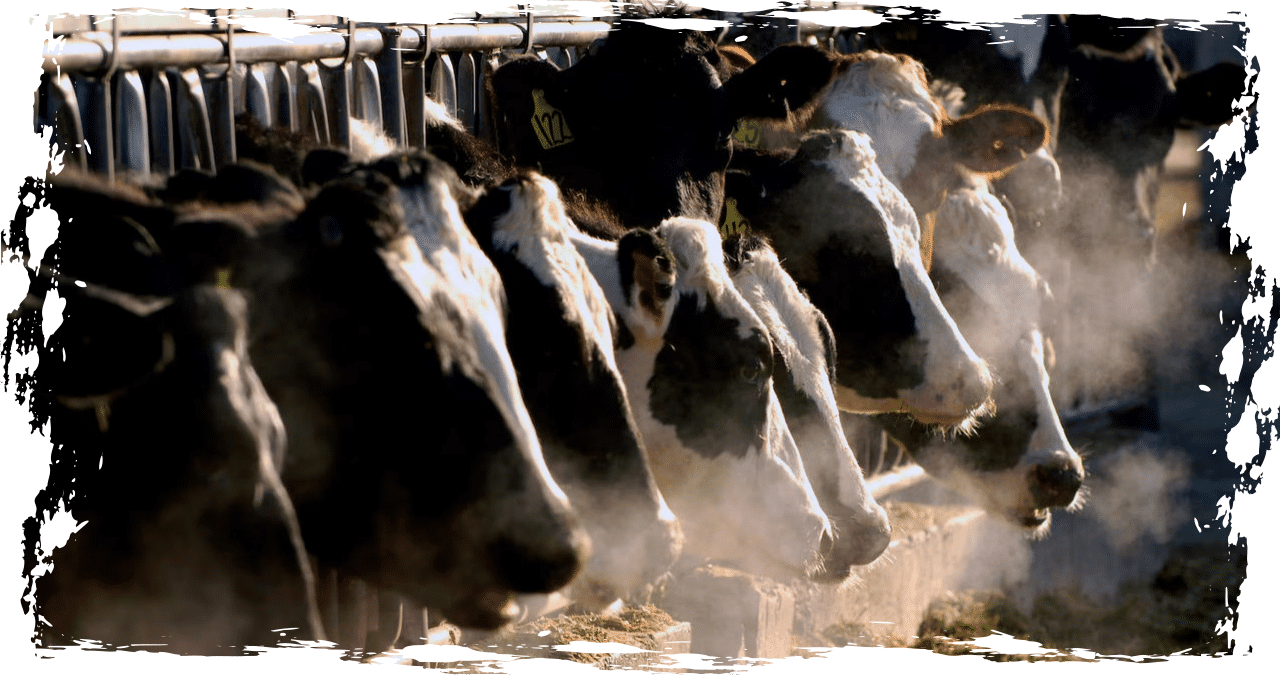The Centers for Disease Control and Prevention (CDC) announced on Friday that they are taking necessary precautions due to the recent outbreak of bird flu among dairy cows and the confirmation of two human cases. The CDC is preparing for the potential of an elevated risk to human health.
The risk of bird flu, also known as avian influenza, to people in the U.S. is currently low, according to the federal health agency. They have stated that there is no evidence of person-to-person transmission of the virus in the U.S.
In late March, federal and state public health officials launched an investigation into an illness affecting primarily older dairy cows in Kansas, New Mexico, and Texas. This illness has been causing symptoms such as decreased lactation and low appetite among the affected cows.
In Texas, the first case of bird flu was confirmed in a farm worker, while in Michigan, a second case was reported in a farm worker who had regular contact with livestock infected with the virus.
According to the CDC, the two human patients only experienced redness in their eyes as symptoms. Fortunately, both individuals have fully recovered.
According to the CDC, there have been over 350 individuals who have been monitored due to their exposure to dairy cows and/or infected unpasteurized cow’s milk as of May 22. The Michigan case was discovered through regular monitoring of farm workers, who are considered to be at the highest risk of contracting bird flu due to their occupation in agriculture.
There is currently no evidence indicating that bird flu is being transmitted from person to person.
According to the CDC, while the current A(H5N1) viruses are not easily transmissible among humans, there is a potential for them to undergo changes that would enable efficient human-to-human transmission, leading to the possibility of a pandemic.
According to Dawn O’Connell, assistant secretary for preparedness and response at the Department of Health and Human Services, federal health officials have taken proactive measures by filling approximately 4.8 million doses of bird flu vaccine into vials from their national stockpile. This is being done as part of their preparedness efforts in case the need arises.
“This week, she stated that this step is an additional measure to enhance our level of preparedness.”
Dr. John Brownstein, an epidemiologist and chief innovation officer at Boston Children’s Hospital, and an ABC News contributor, commends the government’s preparedness efforts as a proactive approach rather than a reactive one.
He emphasized the importance of staying proactive in public health. “When public health is at its best, it actively searches for potential signals and utilizes all available data to identify any changes,” he explained. While public health remains vigilant and allocates significant resources, it is not necessary for the general public to worry.
The process known as “fill and finish” was successfully carried out by HHS in collaboration with a manufacturing partner, without causing any disruption to the production of the seasonal flu vaccine. According to O’Connell, the vaccine is a good match for the currently circulating strain of H5N1.
The federal government has not expressed any concerns at this time, and the CDC emphasizes the need to maintain an enhanced flu network throughout the spring and summer. This includes increasing the number of specimens for further testing, continuing surveillance, and urging clinicians to consider bird flu as a possible factor when evaluating patients with conjunctivitis or respiratory illness after exposure to agriculture or livestock.
Furthermore, health officials have cautioned against consuming raw milk due to the potential presence of harmful bacteria that can lead to illness. Although traces of the virus have been detected in milk samples, it has been determined that pasteurization effectively deactivates the virus, mitigating any health risks. It is important to note that raw milk does not undergo the pasteurization process, making it more susceptible to bacterial contamination.



